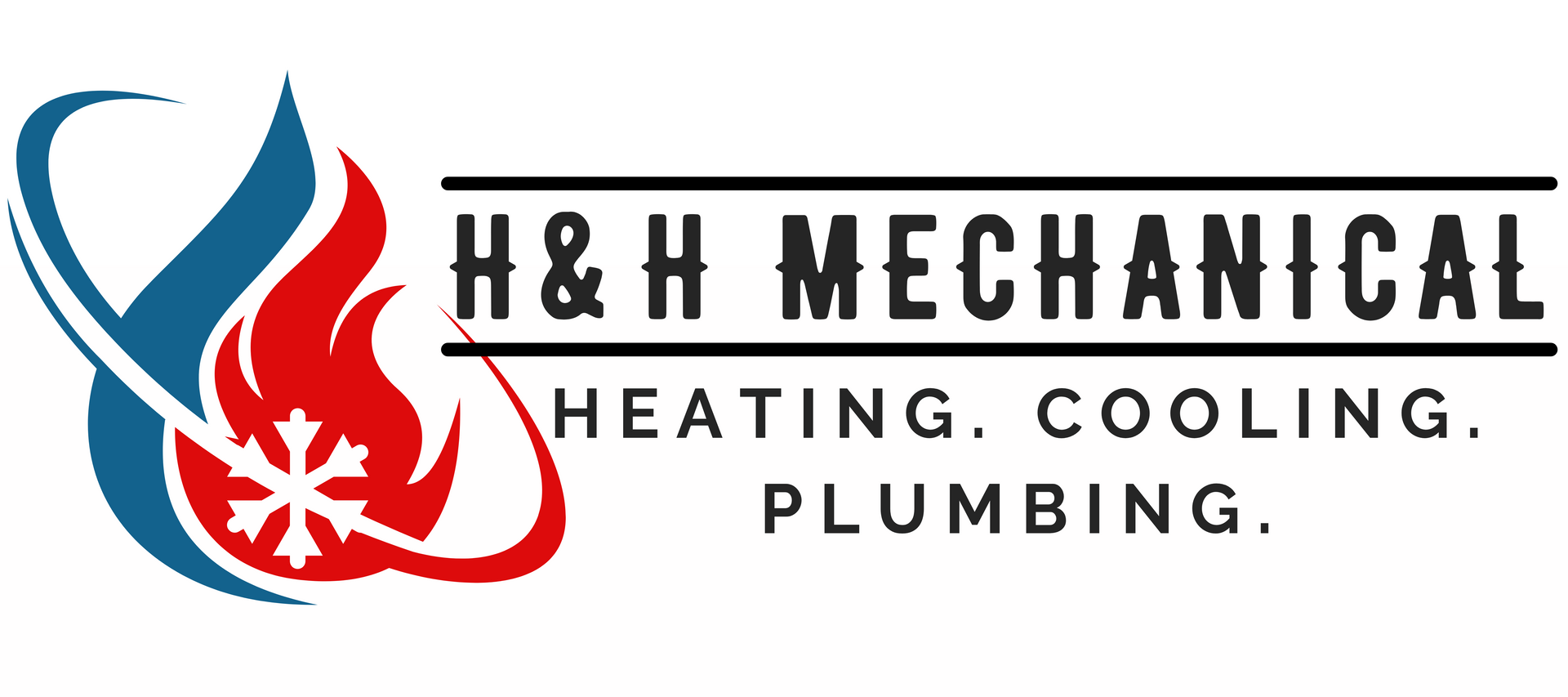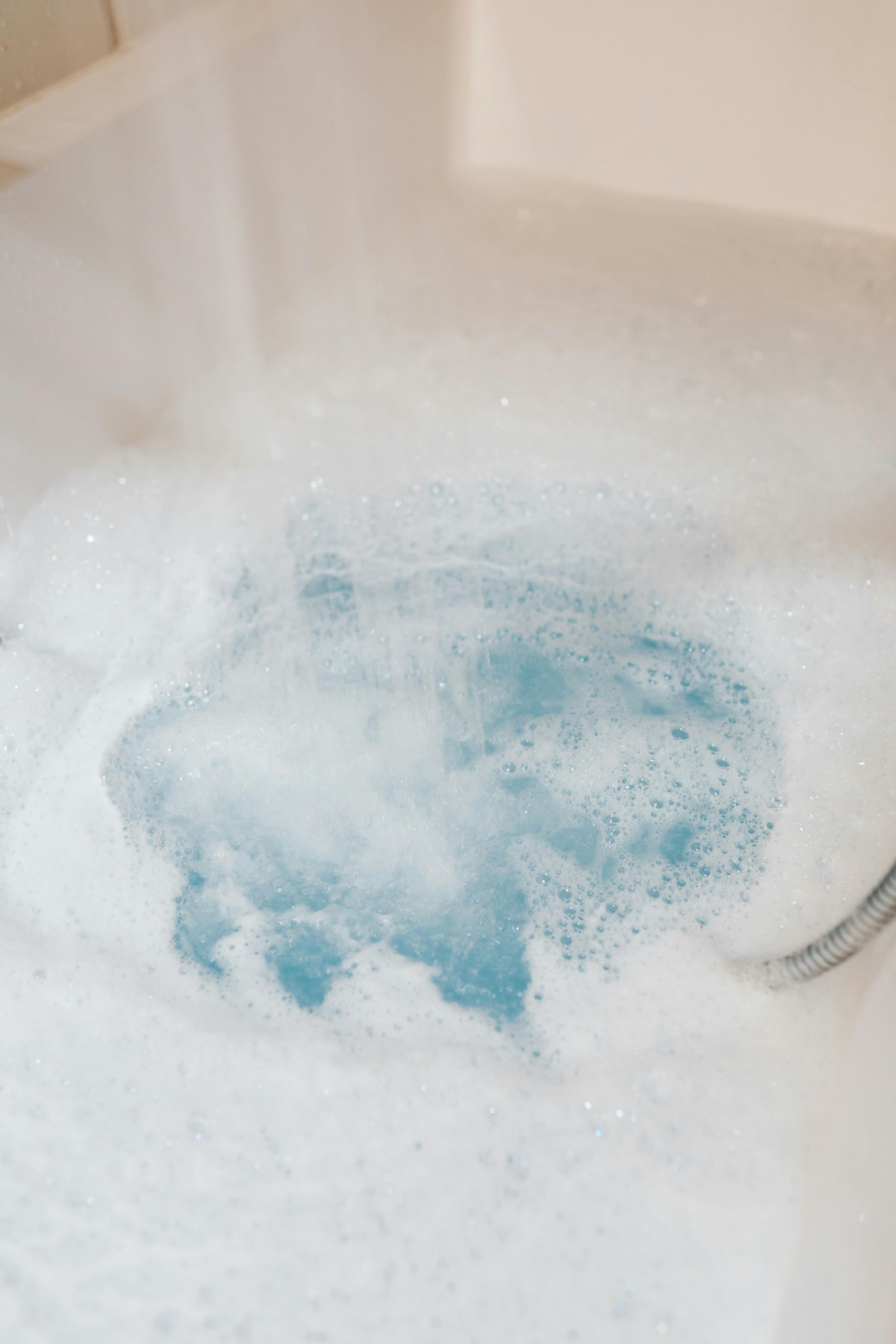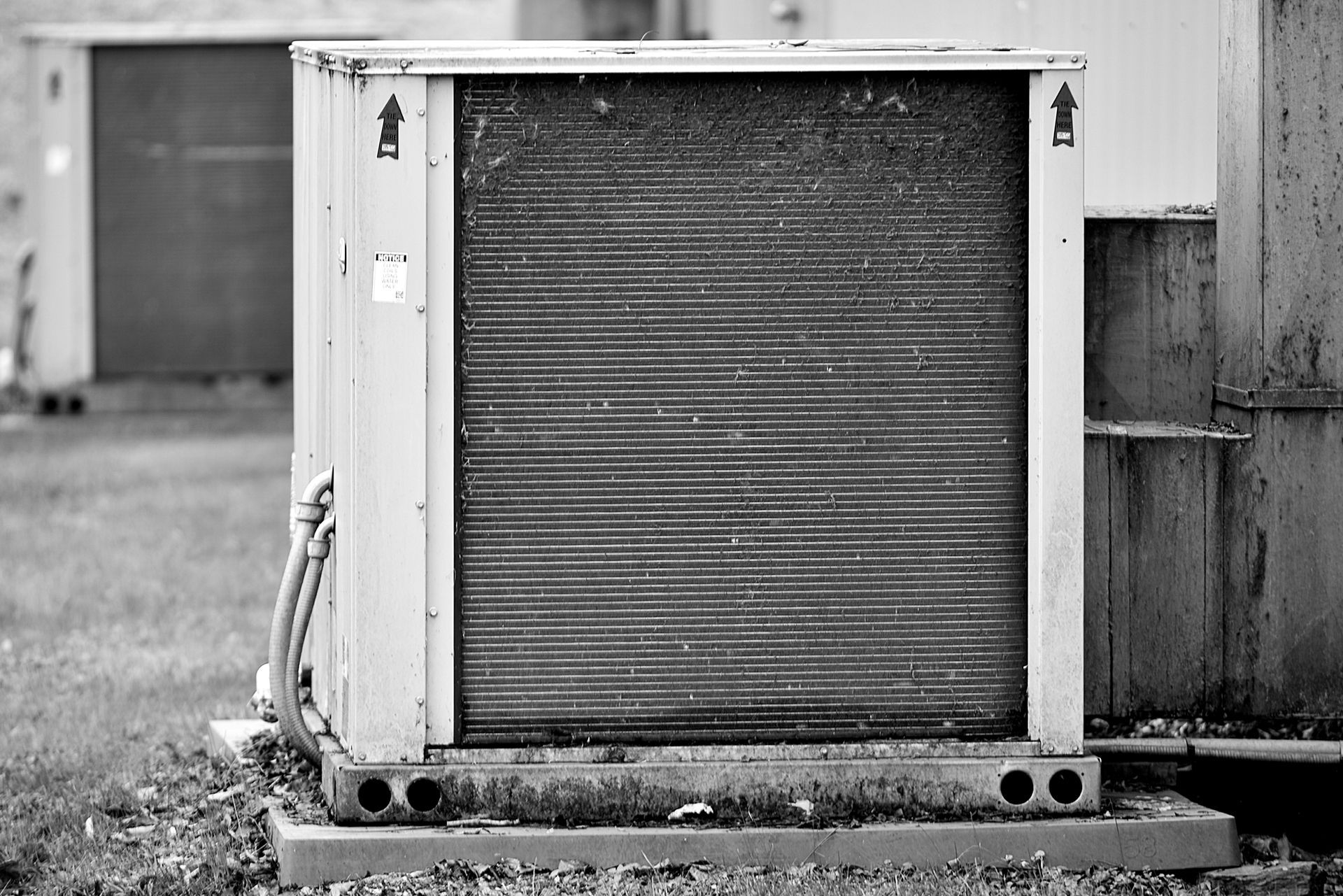The Benefits of Using a Humidifier in Your Home During Winter
As winter arrives, many of us find ourselves dealing with dry air and its associated discomforts such as dry skin, scratchy throats, and static electricity. One effective way to combat these problems is by using a humidifier in your home. In this blog post, we will explore the benefits of using a humidifier and how it can improve your overall comfort and well-being during the winter months.
- Alleviates Dry Skin and Irritation:
During winter, the humidity levels drop, and the air becomes drier, which can lead to dry and itchy skin. By using a humidifier, you can add moisture to the air, helping to combat these issues. The increased humidity can also soothe dry nasal passages, reducing congestion and alleviating the discomfort associated with dry sinuses. - Prevents Respiratory Problems:
Dry air can worsen respiratory conditions such as asthma and allergies. A humidifier adds moisture to the air, helping to prevent irritation and inflammation of the respiratory system. Proper humidity levels can promote easier breathing and reduce the chances of respiratory problems. - Reduces Static Electricity:
One annoying side effect of dry winter air is the buildup of static electricity. This can result in unpleasant shocks when touching objects or even when moving around your home. A humidifier helps to minimize static electricity by adding moisture to the air, preventing the buildup of static charges. - Protects Furniture and Wooden Floors:
Dry air can also harm furniture, wooden floors, and other wooden objects in your home. When the air lacks moisture, it can cause wood to shrink and crack. By maintaining proper humidity levels with a humidifier, you can prevent these issues and preserve the integrity of your wooden furniture and flooring. - Improves Sleep Quality:
Dry air can lead to discomfort and disturbed sleep. A humidifier adds moisture to the air, creating an optimal sleeping environment. With the right level of humidity, you can experience more restful sleep, reducing dry mouth and throat irritation that can disrupt your sleep cycle.
By incorporating a humidifier into your winter routine, you can enjoy a multitude of benefits, from relieving dry skin and respiratory problems to reducing static electricity and protecting your furniture. With the right level of humidity in your home, you can create a comfortable and healthy environment for you and your family during winter. So, don't let the dry winter air get you down – invest in a humidifier and experience the difference it can make in your overall well-being.
With our expertise in HVAC systems and indoor air quality, we are your go-to solution for all your humidifier needs. Our skilled technicians can guide you through the selection process, ensuring you choose the right humidifier that fits your home and lifestyle. From installation to maintenance, our team will provide top-notch service to keep your indoor air comfortable and healthy. Don't let the dry winter air take a toll on your well-being. Call H & H Mechanical today and experience the difference a humidifier can make in your home!






